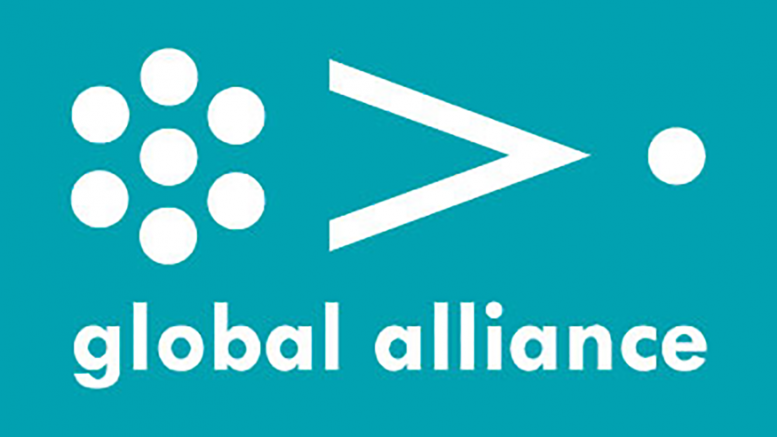Giving continuity to the initiatives undertaken by the Global Alliance for Public Relations and Communication Management, such as the call made by our president, Justin Green, to follow WHO recommendations and official information to fight against the COVID 19, the board members, representing 280.000 professionals and academics from 126 countries, have decided to cooperate once again to agree 12 messages that should guide communications about the pandemic.
The aim of this initiative is to remind governments, companies, organisations and individuals that the way we manage communication is key to shape the public sentiment, to help to overcome that global crisis and, at the same time, to be ready for a better future. According to the first of the 16 ethical principles that we deem universal and fundamental to the practice of public relations and communication management, “we work in the public interest”, that means that our responsibility goes beyond our own organisations.
These are the 12 points GA considers relevant to make a responsible communication about the coronavirus Covid-19 and its impact on the social coexistence, the economy and, in general, all human relationships.
1. Before communicating, think about the impact of your message beyond your organisation.
2. Do not hide the impact of the pandemia. Be realistic in your communications, based on facts.
3. Use straightforward, plain language to minimise dramatising the situation.
4. Include hope in the spirit of the communications.
5. Spread good examples and practices.
6. Identify and legitimise people’s emotions.
7. Give priority to messaging from official sources.
8. Avoid sharing fake news. Be critical of sources of information.
9. Don’t saturate networks with messages.
10. Don’t spend time criticising public communication. Try to cooperate with them to improve.
11. Support the work of the media providing accurate information in the right moment.
12. Good humor is an antidote to crisis, as long as it is not frivolous.






Be the first to comment on "12 messages for COVID-19 Responsible Communication"